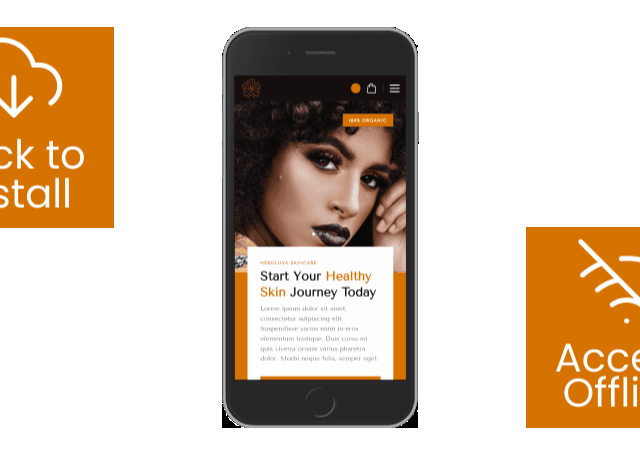Everything about
Responsive Web Design
What
Responsive web design or responsive design is an approach to web design that aims to make web pages render well on a variety of devices and window or screen sizes from minimum to maximum display size to ensure usability and satisfaction.
The ultimate goal of responsive design is to avoid the unnecessary resizing, scrolling, zooming, or panning that occurs with sites that have not been optimized for different devices. It is often very difficult to navigate these sites, and it may even cost you potential customers who become frustrated with trying to figure out how to do something.


Only 17% of websites retained their positions across both mobile and desktop SERPs, and 37% of URLs were actually thrown out of the top-10 when the search query was made from a mobile device.
Why
We live in a multi-screen society. Because of this, it’s important for your site to be viewable across as many devices as possible, because you never know what device someone will be using to view your website.
Responsive website stats suggest that it’s wise to appeal to both desktop and mobile viewers. The number of mobile viewers now outnumbers desktop, and this number will only continue to rise as global smartphone accessibility increases.
Additionally, in early 2015, Google announced that mobile-friendliness would become a ranking factor in its search engine algorithms. This meant that sites that were mobile-friendly would potentially lose some ground in search engine results because they wouldn’t be delivering a good experience to mobile searchers and viewers.
Need a RWD website?Benefits of Responsive Design
66% of all site visits came from mobile devices in that time
1). Cost effectiveness
Maintaining separate sites for your mobile and non-mobile audiences can get expensive. By using responsive design, you can save money by eliminating the cost of paying for a mobile site. You will only need to invest in a single site design to appeal to all visitors and all devices.
2. Flexibility
When you have a website with responsive design, you can make changes quickly and easily. You do not need to worry about making changes on two websites. This flexibility is a huge advantage when you just want to make a quick design tweak or fix a typo on your site—you only have to do it once.

Time spent on desktop devices were 40% longer than those on mobile devices in 2020

only 11% of websites maintain the same rankings across both desktop and mobile search
3. Improved user experience
User experience is crucial to website owners. You want people to like your site, and you want it to be easy to use to convince them to come back. If someone visits your website on a mobile device, and it takes forever to load or your pictures do not have the proper resolution, it can make your company appear unprofessional.
No one wants to do business with a place that is unprofessional. But responsive design, which offers a much better user experience, can help convince people to give your company a chance. Because zooming and scrolling will be eliminated, content can be viewed quicker, and the overall impression that visitors have will be much more positive.
4. SEO gains
Search engine optimization, or SEO, is a strategy used by many companies to help boost themselves in Google’s search page rankings. The closer you are to the top, the better the chance potential customers will find you.
Responsive design can help with SEO because Google, as mentioned, gives preference to websites that are mobile-friendly. In combination with other SEO factors, responsiveness can help give you a big boost in search engine results.
31% of URLs and 8% of domains completely disappeared from Google's search results when accessed from mobile
57% of internet users say they won’t recommend a business with a poorly designed website on mobile
5. Ease of management
Most businesses, especially smaller ones, don’t have a lot of time to update or refresh the way their website looks. But rather than having to hire a designer to handle every aspect of your website, responsive design allows you to make the changes yourself, quickly and easily.
Additionally, with just one website, other elements of your marketing will be much easier to manage. You’ll never have to wonder if you should link the mobile or desktop site on a social media update, or question whether or not all of your redirect links will be working to get the right visitors to the right site. Responsiveness takes much of the stress out of managing a business website.









